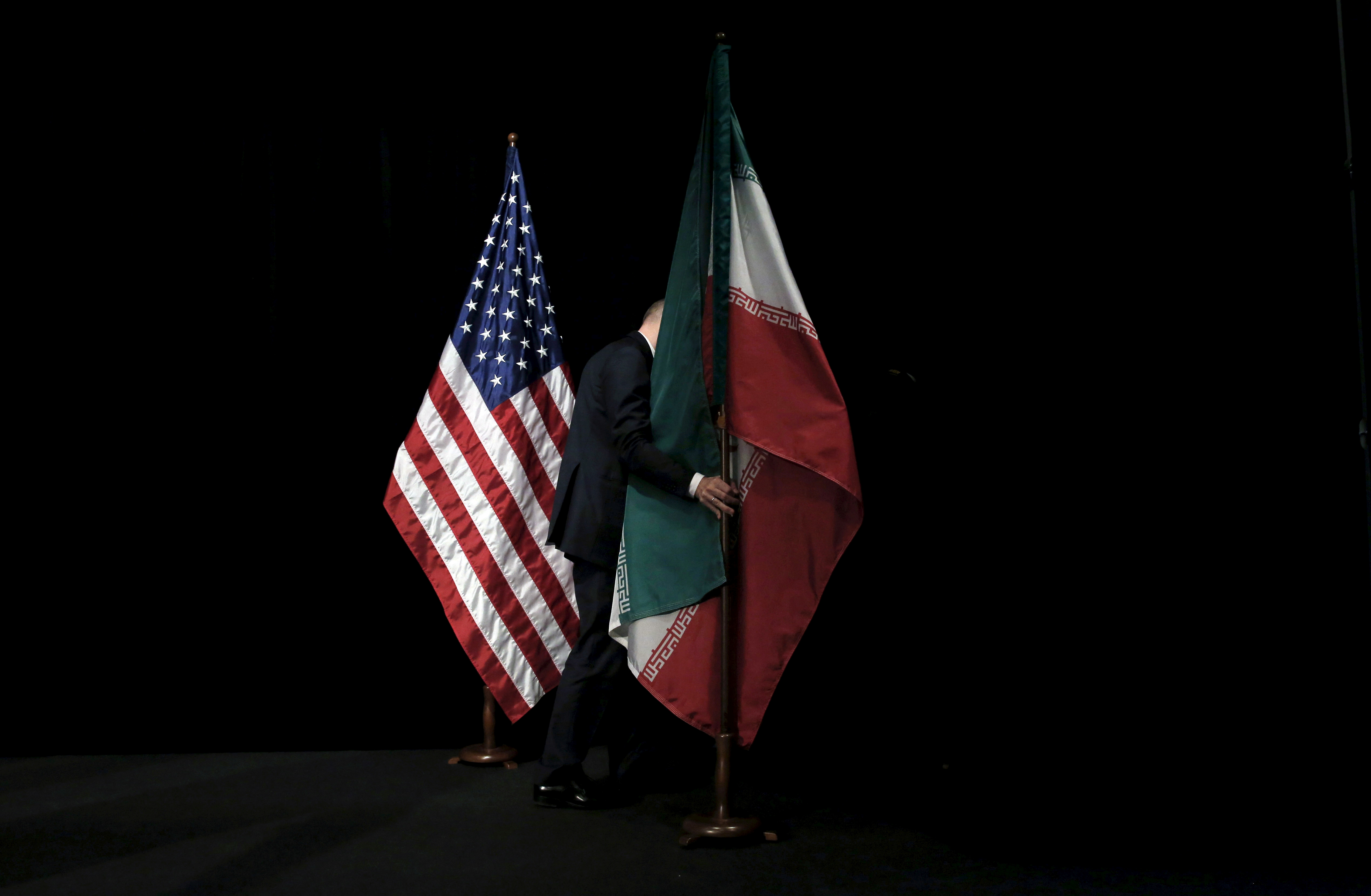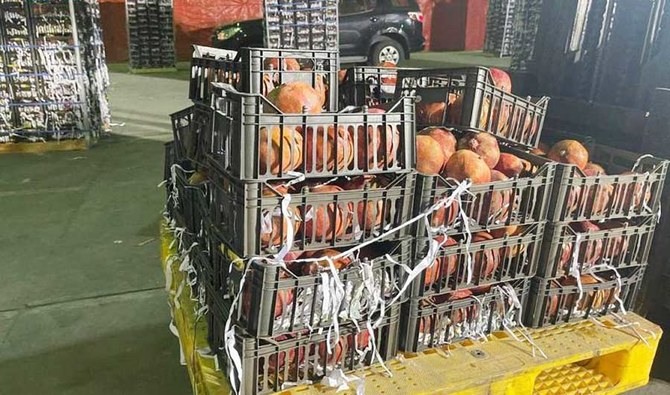
by reuters — The United States on Sunday denied a report by Iran’s state television that the arch-foes had reached a prisoner swap deal in exchange for the release of $7 billion frozen Iranian oil funds under U.S. sanctions in other countries. Iranian state television said on Sunday that Tehran would free four Americans accused of spying in exchange for four Iranians held in the United States and the release of the frozen Iranian funds. The U.S. government denied that an agreement has been reached. Iran’s envoy to the United Nations, Majid Takht Ravanchi, said the report could not be confirmed, adding that Tehran has always called for a full prisoner exchange with Washington. The state TV, quoting an unidentified Iranian official, also said British-Iranian national Nazanin Zaghari-Ratcliffe would be released once Britain had paid off a debt on military equipment owed to Tehran.
A British Foreign Office official played down that report. Iran and world powers are holding talks to revive the 2015 nuclear accord that Washington abandoned three years ago and reimposed sanctions on Tehran. Iranian officials told Reuters last month that an interim deal could be a way to gain time for a lasting settlement that involved unfreezing Iranian funds blocked under U.S. sanctions. “Informed source says Biden administration has agreed to release four Iranian prisoners jailed for bypassing U.S. sanctions in exchange for four American ‘spies’,” the Iranian state TV report said on Sunday.


/cdn.vox-cdn.com/uploads/chorus_image/image/69193449/Eater___Lebanese_Wine_Illustration___Opt_1.2.0.jpg)






